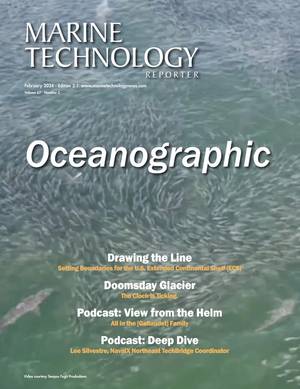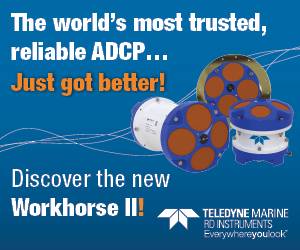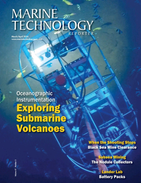An eight-member team from Mobile Diving and Salvage Unit (MDSU) 1 onboard USS Fort Worth (LCS 3) is supporting the ongoing Indonesian-led search effort for AirAsia flight QZ8501 with advanced Tow Fish side scan sonar systems capable of providing high-resolution images of the ocean floor.
The Tow Fish side scan sonar system is used to identify objects on the seafloor and provide accurate imagery for analysis. The sonar carries a passive listening device for detecting an acoustic pulse and is towed behind a vessel between 1-5 knots. The acoustic signal is then transmitted to a computer where the trained operators are able to analyze the feedback.
"We can find things as small as a golf ball and something as big as an airplane using different kilohertz spans," said Navy Diver 2nd Class Daniel Clarke. "Should we find targets out there, we will switch over to a very high resolution; we'll go [over the area] very slowly and get very clear images. We can see everything on the sea floor using our computer"
Similar sonar systems have been crucial in past operations in 7th Fleet. In early 2014, U.S. 7th Fleet dedicated assets, including Bluefin-21 Sidescan Sonar systems, to assist in the search for MH370 and the Korean ferry Sewol search and rescue operations.
"We use this equipment quite often," Said Clarke. "This type of equipment was used in stuff like finding MH370, or in the Sewol [South Korean ferry capsize tragedy], also with finding any type of other aircraft that might have gone down in the past."
As one of the U.S. Navy's diving and salvage units, MDSU 1, stationed in Perl Harbor, is equipped to rapidly deploy specialized dive teams to conduct harbor clearance, underwater repairs and search and recovery operations in any environment.
USS Fort Worth (LCS 3) is forward deployed to 7th Fleet and arrived in the search for Air Asia Jan. 3 at the request of the Indonesian government. Fort Worth is operating alongside USS Sampson (DDG 102), which arrived on station Dec. 30, to support Indonesian-led search efforts to locate AirAsia Flight QZ8501.
[Source: U.S. Navy]
• 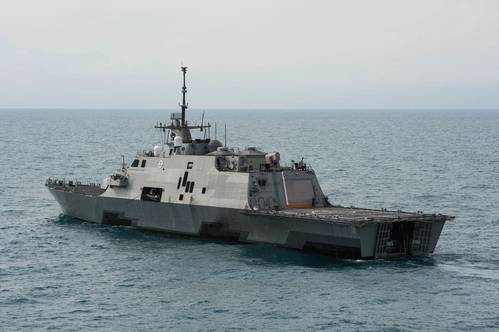

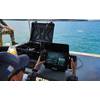
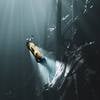
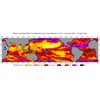
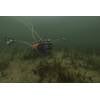
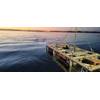







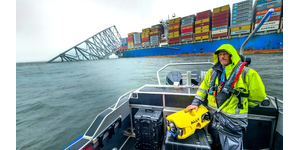
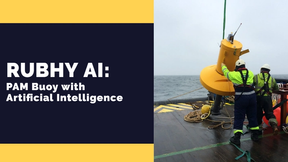
 February 2024
February 2024
